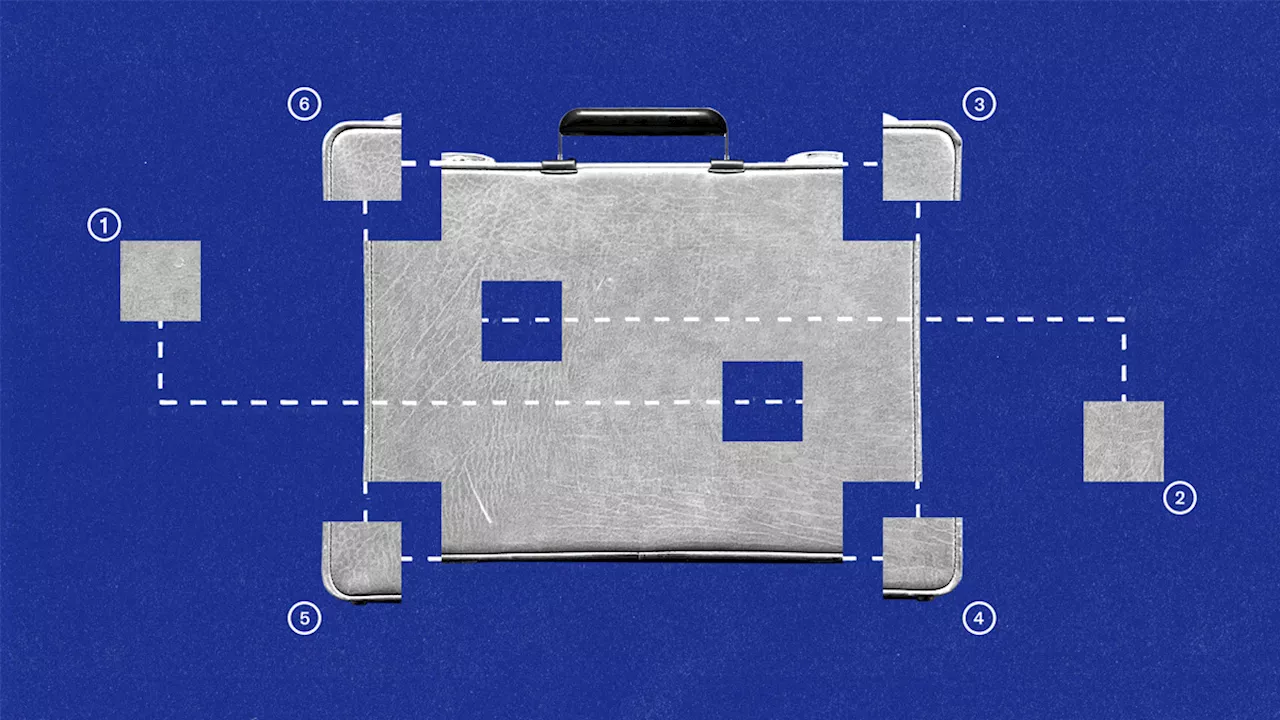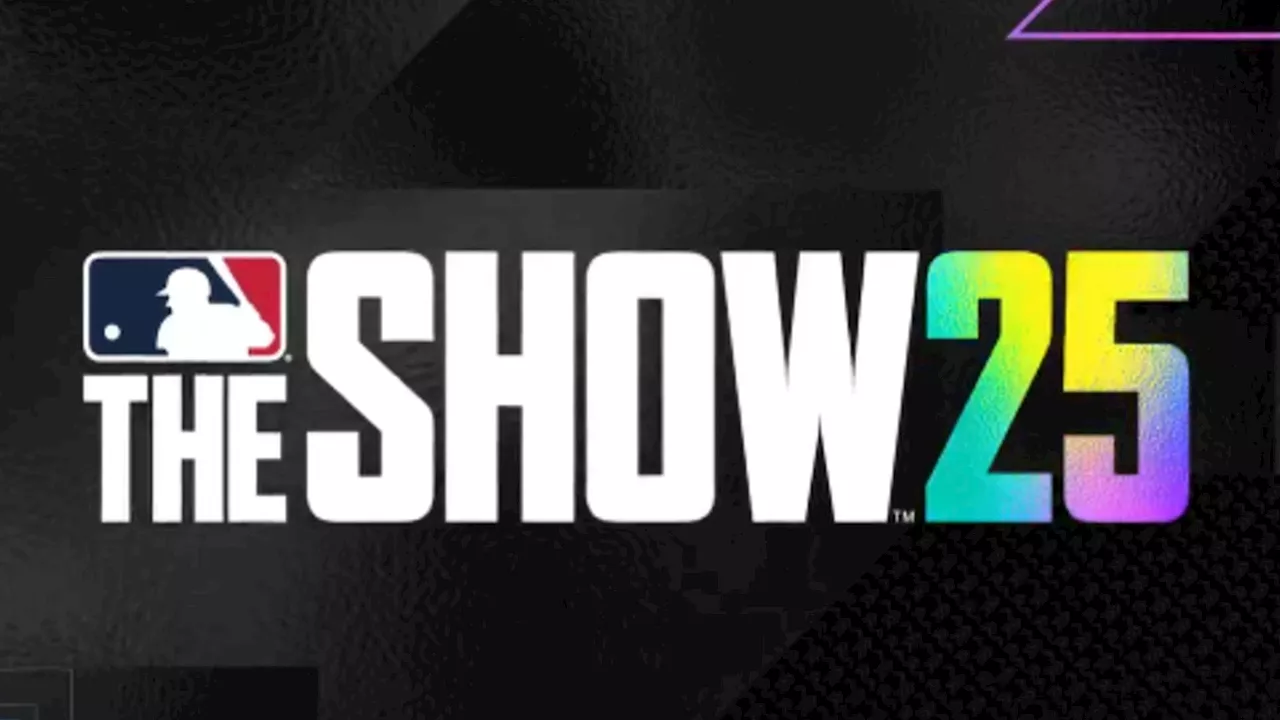Gen Z is rapidly adopting AI tools to streamline their work, improve efficiency, and navigate the evolving job market. This reliance on AI presents both opportunities and challenges for this generation, shaping the future of work in profound ways.
Abigail Carlos was bracing for a busy holiday season as her employer, Warner Bros. Discovery, was gearing up to launch a suite of new shows. A media strategist, Carlos had to assign complex tasks to her team members, and she needed a hand. So she asked ChatGPT and Perplexity to organize it all in emails that sounded both professional and personable. 'AI cuts my workload in half,' she tells me. She's been using various AI tools for years.
In her past roles running social media accounts, she'd use a chatbot to help write posts. Now she uses it to do tedious tasks like drafting emails and double-checking spreadsheets, freeing up time to focus on higher-level creative jobs. 'I look at using it as working smarter, not harder,' Carlos says. The 26-year-old now relies on AI for everything from revising her LinkedIn profile to coming up with ideas for the poetry she writes on the side. A growing Gen Z workforce has embraced AI to free up their time, improve their work-life balance, and, ideally, make their jobs more meaningful by automating drudgeries. When Google last year surveyed more than 1,000 knowledge workers in their 20s and 30s, 93% of those who identified as Gen Zers said they were using two or more AI tools a week. The talent and staffing firm Randstad found in a report last year that Gen Zers generally used AI in the office more frequently than their older counterparts for everything from administrative tasks to problem-solving. This is the generation that 'grew up seamlessly intertwined with technology,' Deborah Golden, Deloitte's US chief innovation officer, says. For them, she says, 'engaging with AI feels more intuitive than deliberate.' The share of Gen Zers in the US workforce recently surpassed that of baby boomers, and Gen Zers are expected to account for more than a quarter of the global workforce this year. Their transformation into a chatbot generation could have a seismic effect on the workplace. As employers look to capitalize on the tech's productivity gains, AI proficiency is becoming a prerequisite for many jobs, leaving behind those who aren't as fast in adopting it. Amid anxiety about AI taking away job opportunities, many young people are skilling up to try to stay hirable. But some experts are worried that operating on AI autopilot could come back to bite Gen Z in the long run. Monique Buksh, a 22-year-old law student and paralegal in Australia, has found AI to be an immense time-saver. She uses Westlaw Edge and Lexis+ to help with doing legal research and unearthing relevant case law and statutes. She also turns to Grammarly to draft official documents and the AI assistant Claude to spot inconsistencies in contracts. 'With AI handling time-consuming work, I'm able to focus more on discussions around strategy, professional development, and problem-solving with my managers,' she says. 'Soft skills, like communication and critical thinking, will play an even larger role in the future as AI continues to take over repetitive tasks.' Josh Schreiber, a 21-year-old HR intern at Coinbase, uses Perplexity and ChatGPT to brainstorm ideas and research subjects. He also uses Otter.ai to record and transcribe conversations, like sales calls and product meetings, allowing him to focus on the discussion rather than frantically taking notes. He thinks AI adoption is a matter of learning from history. In the early days of personal computing, he says, 'those who embraced computers, programming, and utilizing software consistently outperformed those who resisted change.' Today, he argues, 'Gen Z workers who choose to embrace AI will outperform all those around them.' Schreiber compared AI to a ski lift: It's better to take the lift up and enjoy the downhill ride than trudge slowly up the mountain first. Carlos concurs. 'It's important to learn about the new innovations in technology rather than fight them,' she says. Gen Zers' employment of AI is also driven by their fear of AI replacing their jobs. The anxiety isn't unfounded: An analysis from this past fall found that more than 12,000 jobs were cut in 2024 because of AI. McKinsey and others have forecast that entry-level roles, which Gen Z predominates, will be the first cut back by automation. A Microsoft and LinkedIn survey of 31,000 knowledge workers conducted last year, for example, suggested that AI could fast-track Gen Zers' professional trajectory. Among the workers in leadership surveyed, 71% said they'd prefer hiring candidates with AI expertise over those with more conventional experience, and nearly 80% said they'd give AI-savvy staffers greater responsibilities. Tatiana Becker, who specializes in tech recruiting, says that ultimately, 'employers will be more interested in people with AI skills, but at all levels, not just Gen Z workers.' But some people worry that using AI as a shortcut could hurt Gen Z workers in the long ru
Gen Z Artificial Intelligence Workplace Automation Job Market Trends Future Of Work
United States Latest News, United States Headlines
Similar News:You can also read news stories similar to this one that we have collected from other news sources.
 Job Deconstruction: Balancing Human Experience in a Transforming WorkplaceThis article explores the emerging trend of job deconstruction, a new way of organizing work that dynamically matches employee skills with tasks. While promising for talent deployment, it presents challenges in balancing autonomy, control, belonging, growth and stability. The article emphasizes the need for guardrails that prioritize the human experience to mitigate potential negative effects.
Job Deconstruction: Balancing Human Experience in a Transforming WorkplaceThis article explores the emerging trend of job deconstruction, a new way of organizing work that dynamically matches employee skills with tasks. While promising for talent deployment, it presents challenges in balancing autonomy, control, belonging, growth and stability. The article emphasizes the need for guardrails that prioritize the human experience to mitigate potential negative effects.
Read more »
 MLB The Show Ditches Game Pass, Embraces Next-Gen ExclusivityThe upcoming MLB The Show will be the first in the series to forgo day-one releases on subscription services like Xbox Game Pass. This move sparks speculation about licensing costs and Xbox's focus on first-party titles. The game is set to launch on March 18th, 2025, for next-gen consoles only.
MLB The Show Ditches Game Pass, Embraces Next-Gen ExclusivityThe upcoming MLB The Show will be the first in the series to forgo day-one releases on subscription services like Xbox Game Pass. This move sparks speculation about licensing costs and Xbox's focus on first-party titles. The game is set to launch on March 18th, 2025, for next-gen consoles only.
Read more »
 Gen Z and Millennial Workers Embrace 'Rule-bending' in the WorkplaceA recent survey reveals that 95% of Gen Z and Millennial workers believe 'cheating' in the workplace is acceptable, with many admitting to engaging in behaviors like napping on the clock, using AI to complete tasks, and clocking out early. The survey also highlights 'quiet quitting,' 'coffee badging,' and 'career catfishing' as prevalent workplace trends.
Gen Z and Millennial Workers Embrace 'Rule-bending' in the WorkplaceA recent survey reveals that 95% of Gen Z and Millennial workers believe 'cheating' in the workplace is acceptable, with many admitting to engaging in behaviors like napping on the clock, using AI to complete tasks, and clocking out early. The survey also highlights 'quiet quitting,' 'coffee badging,' and 'career catfishing' as prevalent workplace trends.
Read more »
 Understanding Gen Z's Impact on the Modern WorkplaceThis article explores how Gen Z, entering the workforce in significant numbers, is shaping the future of work. It delves into their unique motivations, generational differences, and the evolving expectations they bring, highlighting the need for adapted leadership styles and communication strategies to create a thriving multi-generational workplace.
Understanding Gen Z's Impact on the Modern WorkplaceThis article explores how Gen Z, entering the workforce in significant numbers, is shaping the future of work. It delves into their unique motivations, generational differences, and the evolving expectations they bring, highlighting the need for adapted leadership styles and communication strategies to create a thriving multi-generational workplace.
Read more »
 Toxic Workplace Culture: Why Millennials and Gen Z Are QuittingA recent TikTok video went viral as a young woman shared her experience leaving a high-pressure corporate job due to its impact on her mental health. The video sparked conversations about the prevalence of toxic workplace culture, particularly among younger generations. Millennials and Gen Z are increasingly prioritizing their wellbeing and are willing to leave jobs that don't support them.
Toxic Workplace Culture: Why Millennials and Gen Z Are QuittingA recent TikTok video went viral as a young woman shared her experience leaving a high-pressure corporate job due to its impact on her mental health. The video sparked conversations about the prevalence of toxic workplace culture, particularly among younger generations. Millennials and Gen Z are increasingly prioritizing their wellbeing and are willing to leave jobs that don't support them.
Read more »
 Being late to work is no longer a big deal — but these 5 behaviors leave your colleagues enragedWe asked Gen Zers how they feel about being labeled ‘lazy’ in the workplace
Being late to work is no longer a big deal — but these 5 behaviors leave your colleagues enragedWe asked Gen Zers how they feel about being labeled ‘lazy’ in the workplace
Read more »
